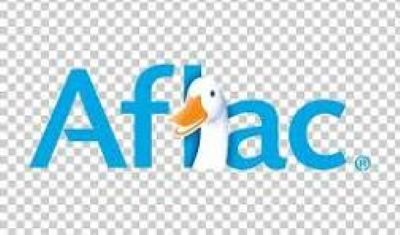Charitable Giving through Life Insurance: Balancing Benefits and Drawbacks
Understanding Charitable Giving through Life Insurance
Charitable giving through life insurance is an innovative way to support causes close to your heart while also potentially benefiting from certain financial advantages. This form of philanthropy allows individuals to allocate a portion or the entirety of a life insurance policy to a charity of their choice. It's a strategic approach that can have a lasting impact on both the donor and the recipient. But like any financial decision, it comes with its own set of benefits and drawbacks.

The Benefits of Charitable Giving through Life Insurance
One of the primary benefits of donating life insurance to a charity is the potential for significant tax deductions. When you transfer ownership of a policy to a charity, you may qualify for a charitable income tax deduction based on the current value of the policy or the premiums paid. This can reduce your taxable income, providing a financial incentive for your generosity.
Another advantage is the ability to make a sizeable donation that might not be possible with cash contributions alone. Life insurance policies can often grow to substantial amounts, allowing donors to make a more impactful contribution. Additionally, this type of giving can offer peace of mind, knowing that your legacy will support meaningful causes long after you're gone.

Drawbacks to Consider
Despite the appealing benefits, there are also drawbacks to consider when using life insurance for charitable giving. One significant concern is the irrevocable nature of this decision. Once you transfer ownership of a policy to a charity, you lose control over it. This means you cannot change your mind later or redirect the funds elsewhere if your priorities shift.
There's also the potential complexity involved in the process. Working with life insurance policies can be complicated, requiring careful planning and coordination with financial advisors and legal professionals to ensure everything is executed properly. This complexity might deter some individuals from pursuing this form of giving. No worries, we have the experts!

Making an Informed Decision
Before deciding on charitable giving through life insurance, it's crucial to weigh these benefits and drawbacks carefully. Consulting with a financial advisor who specializes in estate planning can provide valuable insights tailored to your personal situation. They can help you understand the financial implications and ensure that your charitable intentions align with your overall financial goals.
Additionally, it's important to communicate with the chosen charity to ensure they can accept life insurance policies and understand how they plan to utilize the funds. This transparency ensures that your donation will be maximized for its intended purpose and strengthens the relationship between you and the organization.
Exploring Alternatives
For those hesitant about committing an entire life insurance policy, there are alternatives worth exploring. You might consider naming a charity as a partial beneficiary, allowing you to maintain some control while still supporting your cause. Another option is to establish a charitable trust that incorporates life insurance as part of a larger philanthropic strategy.
No matter the path you choose, integrating philanthropy into your financial planning can be a rewarding experience that benefits both you and society. By understanding the dynamics of charitable giving through life insurance, you can make informed decisions that align with your values and financial objectives.
